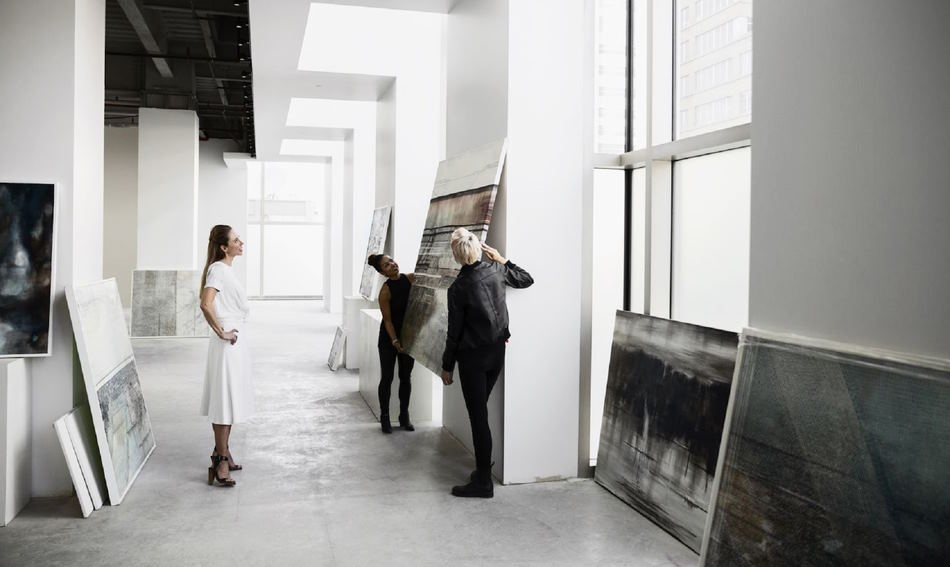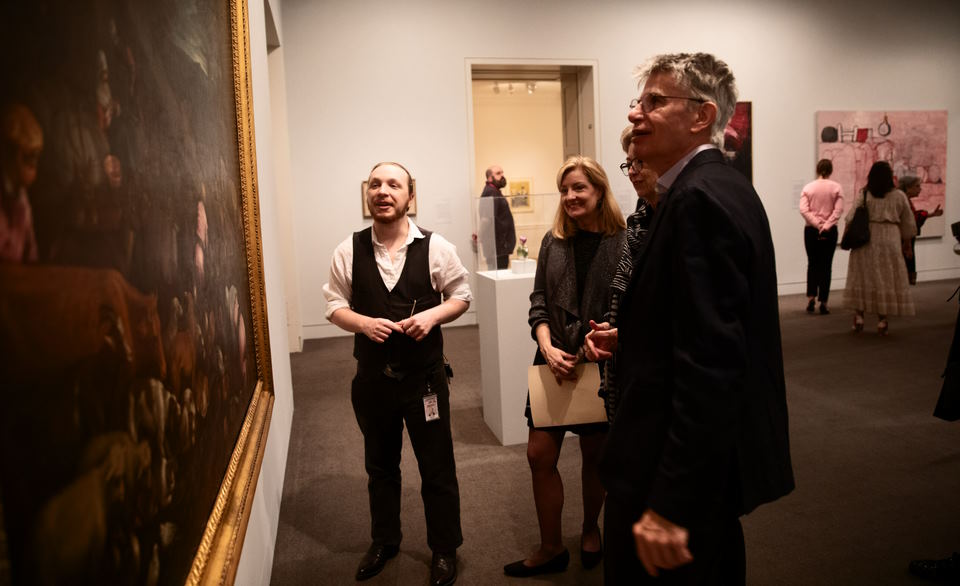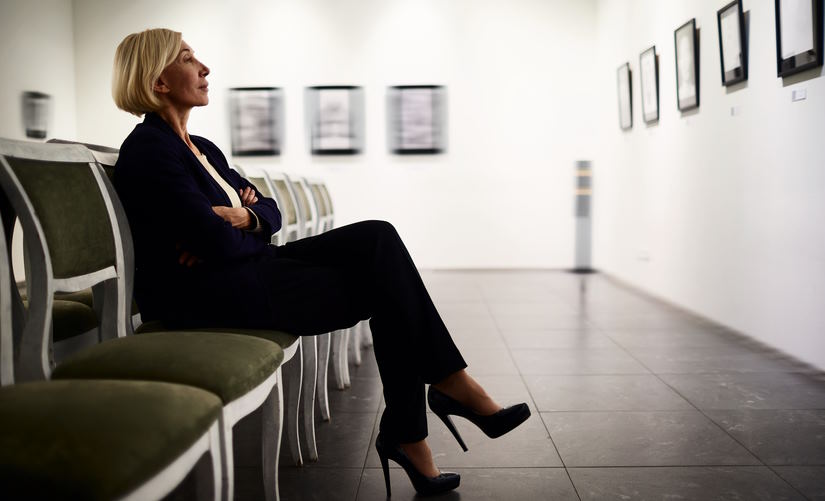
As an artist, curator, or collector, it can be thrilling to step into a gallery and experience the energy of a curated exhibition—wonderful works of art unified with thoughtfulness and style. But have you ever wondered just how much work is involved in creating a successful exhibition? It takes skill, creativity, and thoroughness to bring together meaningful collections that will resonate with audiences. Luckily, there are tried-and-true techniques for curating exhibits that can help make this process easier. In this blog post we’ll take you through the intricate process behind curating exhibitions from start to finish — including topics such as research methods for collecting artwork and strategies for creating visual impact within the space — giving helpful insight on all the intricacies that go into creating memorable experiences within an art gallery.
The rise of the curator: why this exhibition professional is in high demand
As the lines between art, culture and even technology become increasingly blurred, the age-old profession of curating has experienced an unprecedented surge in demand. Curators bring together and interpret diverse collections of visual art, objects, artifacts and multimedia to create compelling exhibitions that inspire viewers and spark dialogue. They have a unique skill set that combines research, analysis, creativity and business acumen, making them invaluable members of any museum or gallery team.
Curators are responsible for developing exhibition ideas and concepts that reflect the mission statement of their institution. They work closely with artists to identify works that represent the institution’s vision for its collection; use research to inform their choices; review catalogs and databases; develop context for the exhibit; manage budgets; and handle installation and promotion logistics and programming.

In this digital age, curators must be adept at working with technology and leveraging new platforms to create interactive experiences for viewers. They must also stay current on topics such as copyright and artists’ rights to properly present content for their audience. As the field expands outside traditional museum walls, curators must develop new skillsets that will enable them to work within these growing contexts.
The demand for skilled curators is only expected to continue climbing as museums strive to become more accessible and engaging online and offline institutions. With a rapidly evolving art world, curators are essential players in helping bring pieces of culture into our lives in meaningful ways. As the importance of this profession continues to grow, these professionals must receive the training they need to succeed. Investing in curators can help ensure that our cultural institutions remain vibrant and relevant sources of inspiration for generations to come.
By taking a closer look at what curators do, we can gain an appreciation for the value they bring to any institution – and better understand why this exhibition professional is in such high demand today.
The process a curator goes through to select artists’ work for exhibitions
In some cases, curators work with a committee to select pieces that fit a certain theme or aesthetic. For example, they may review portfolios of potential artists or reach out to established artists whose works they believe match the theme of the exhibition. Curators also often look for creative ways to display artwork in order to stimulate conversation and engage viewers. Once selected, curators are responsible for securing loans from the artist or gallery owners, writing labels and didactics for each piece, setting up the space accordingly, and inviting patrons to visit the exhibition.

At many institutions, curators actively interpret artwork for viewers by providing lectures and talks about their exhibitions and creating accompanying publications and digital content. Curators also work closely with museums’ or galleries’ education departments to create educational experiences for patrons of all ages.
It is the curator’s job to make sure that each exhibition is a success and meets their own standards and those of their institution. To do this, they must stay up-to-date on current trends in the art world and be aware of any changes in the field to ensure their exhibitions are relevant and engaging. Moreover, curators must be skilled communicators who understand how to use public relations tools such as press releases, social media campaigns, and other forms of promotion to attract visitors. As such, curators are responsible for driving attendance at exhibitions by creating buzz around the artwork and engaging with potential visitors.
By selecting and displaying artwork in thoughtful ways, curators can help shape how viewers experience art and how they think about it. Curators must be passionate about art and eager to explore new ways of creating meaningful experiences for all types of viewers. Through their work, curators give us a glimpse into the minds of artists and help us better understand the world we live in.




























